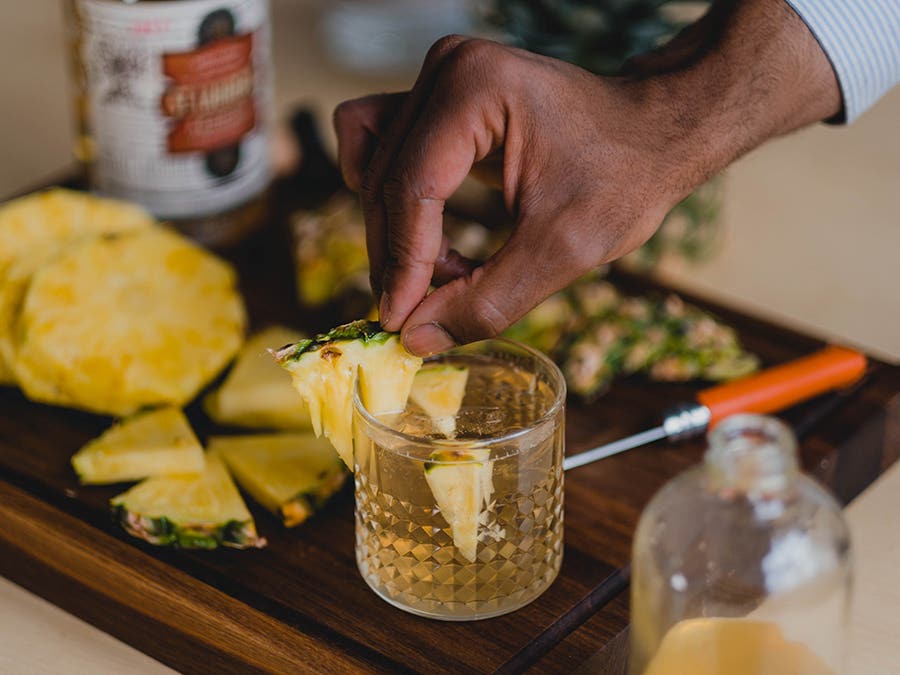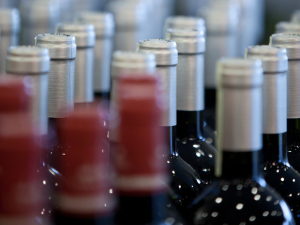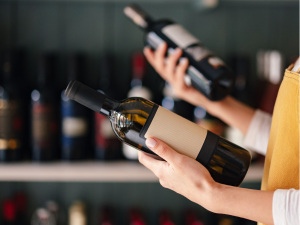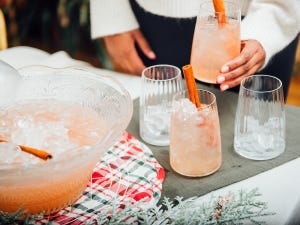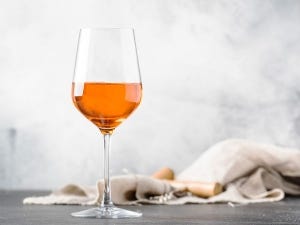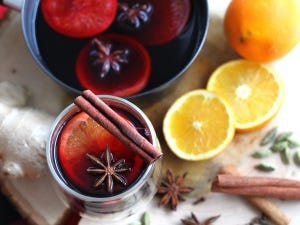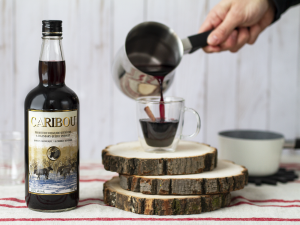Increasingly, the words “zero waste,” “eco-responsible” and “sustainable” are on the lips of bartenders and cocktail connoisseurs alike.
But the initiative goes far beyond reusable straws. Mindful of the impact their craft can have on the environment, mixologists are getting more creative in their efforts to cut waste and adopt more responsible practices. This awareness extends to consumers, who are also looking to reduce their environmental footprint.
Because every little bit helps, here are five pro tips to benefit the planet, one cocktail at a time.
And if you want to go a step further, we’ve just added some new ones!
1.Composting
Composting is a win-win-win! It’s easy to do and it’s good for the planet.
Montreal cocktail bar Le Mal Nécessaire is well known for its efforts to be more eco-friendly. Composting has been a top priority there for a while now. It’s an initiative that required some upfront investments but is paying off today.
2. From root to stalk
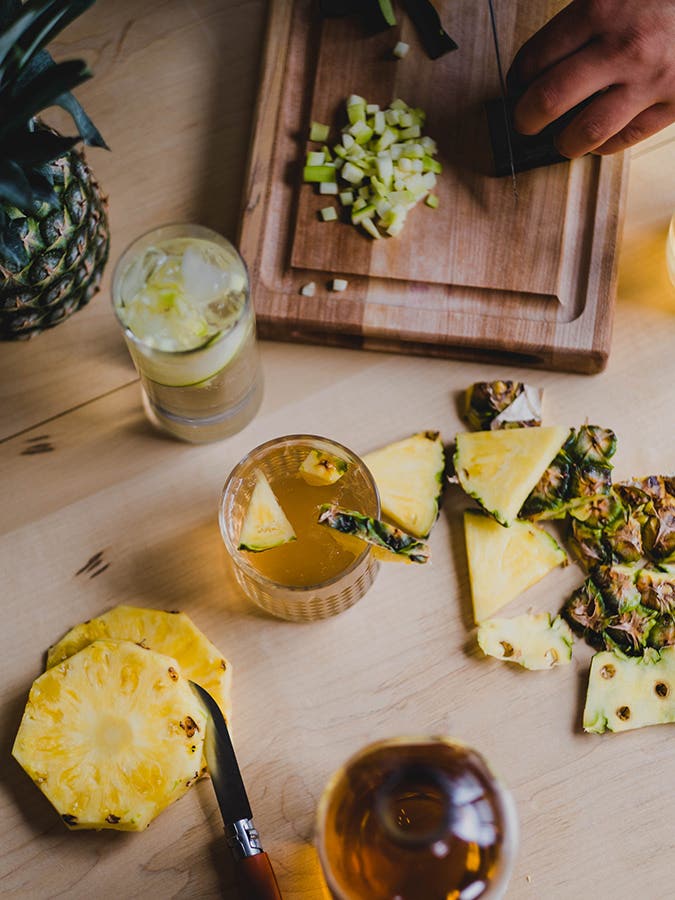

To reduce food waste, you sometimes have to step out of your comfort zone, such as by using every part of a fruit or vegetable. The rind, the pulp, the juice, the peel, the leaves, the root—with a little imagination, nothing gets wasted.
Hugo Jacques, sommelier at Poincaré Chinatown, proposes an easy solution for swapping out egg whites in cocktails: aquafaba, the liquid from canned chickpeas. Many mixologists have adopted it not only as a way to prevent waste, but also as a vegan substitute for egg whites.
“We, of course, make our own homemade aquafaba. It’s very simple, and it magically replaces egg whites in cocktails,” he explained. “Recently, I also started making ‘super lime juice,’ which uses 20 limes instead of 120. You mix the lime juice with the peel, and then add citric and malic acid. The result is impressive, and you save on limes!” he beamed.
The folks at Mal Nécessaire are also inspired by root-to-stalk practices to get the most out of their coconuts and pineapples. And they don’t stop at serving cocktails from the hollowed-out fruit—the juice and pulp are used to make homemade creams and syrups, while the husks are dehydrated to make chips, cookies, and cocktail rimmers. Leftovers are also made into fruit rolls or even hot sauces. In the end, there’s nothing left to throw away!
3. Experiment with fermentation
Mixologists have long used fermentation to enhance their cocktails. Lacto-fermentation, in particular, is great for bringing out flavours to create a unique result, or even to reproduce specific tastes with unexpected ingredients. Hugo went so far as to reveal the secret of Poincaré’s famous martini. “Instead of olive brine, I use lacto-fermented pickle brine. This gives it a taste similar to that of a classic Dirty Martini,” he noted.
4. A second life for fruits and vegetables
To make the most of the very short plum season, the staff at Poincaré macerates them in grappa or Chartreuse. This technique allows the fruit to be preserved for up to a year and served in desserts all year long.
At home, macerating fruit in alcohol is also a great way to give new life to your wilting fruit. It can then be used in desserts or cocktails. Why not try it with Quebec sour cherries to enhance your Manhattans, for instance?
In the same vein, Poincaré also makes its own homemade celery salt to garnish its Bloody Caesars. “Since local celery isn’t available year-round, we stock up for the off-season. We try to take advantage of all fruits and vegetables while they’re in season,” Hugo explained.
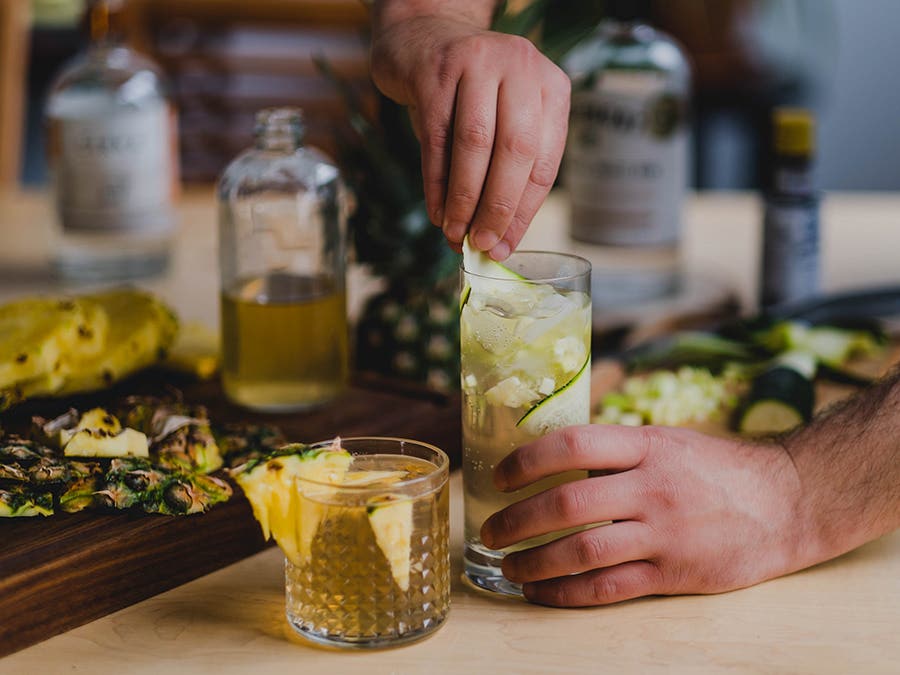

5. Locally sourced seasonal cocktails
Being eco-responsible also means prioritizing seasonal homegrown products. Choose fruits, vegetables and herbs from local growers for your cocktails. Granted, it’s not always easy to find fresh local ingredients, especially in winter. To spice up our creations, you can use syrups or bitters from Quebec companies Alambika, Lab, Monsieur Cocktail, Les Charlatans, or ¾ oz.
And finally, the best way to drink local is, of course, to fill your glass with wonderful products from right here in Quebec! With the superb selection of fine spirits, eaux-de-vie and liqueurs on the market today, the possibilities are endless. An excellent way to encourage the local economy while reducing your ecological footprint—to the sheer delight of your taste buds!
A few more tips on how to make eco-friendly cocktails without compromising taste!
Waste reduction at the source, or “Do I really need an umbrella in my daiquiri?”
Have you ever wondered if your cocktail would be just as tasty without all the accessories? Single-use straws, coasters, skewers, and napkins are often only used for a few seconds. Why not opt for reusable accessories or, even better, skip them altogether?
Organic works like magic!
Organic products help promote farming practices that are more respectful of both people and the planet. Combine organic spirits from our wide selection with organic fruits and other ingredients to make cocktails that are simply bursting with flavour—you can even make them low-alcohol!
 Free in-store delivery with purchases of $75+ in an estimated 3 to 5 business days.
Free in-store delivery with purchases of $75+ in an estimated 3 to 5 business days.
